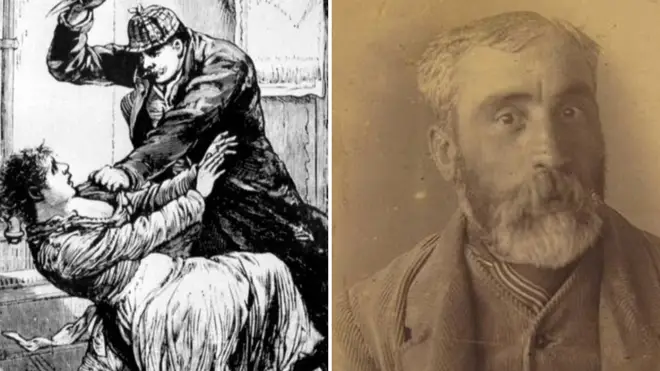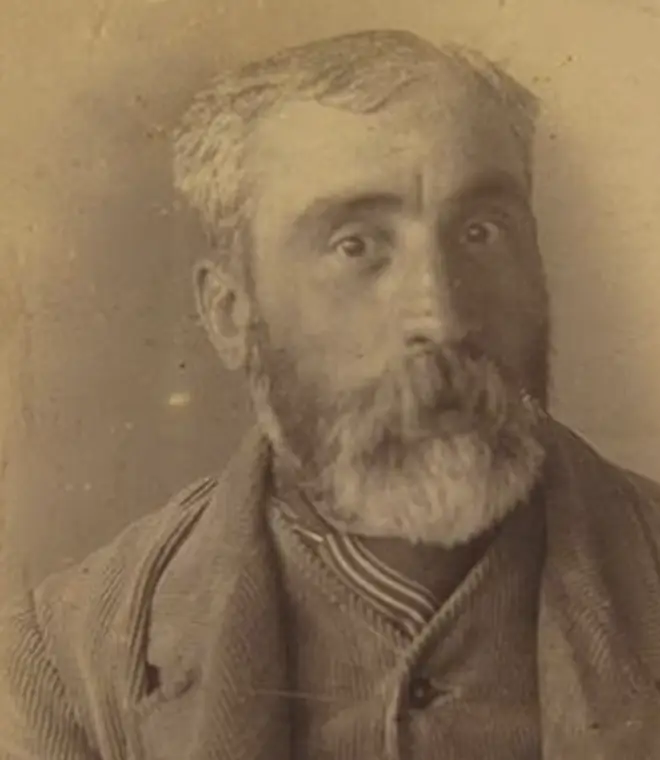
Tom Swarbrick 4pm - 6pm
17 July 2023, 14:31 | Updated: 17 July 2023, 14:34

Infamous serial killer Jack the Ripper was an alcoholic cigarmaker with epilepsy, according to a new investigation by the relative of a policeman who worked the original case in 1888.
Former civil servant Sarah Bax Horton identified Hyam Hyams as the almost-mythical Ripper using contemporaneous sightings of the murderer in his Whitechapel killing spree - and cross-referencing them with medical records from Hyams' repeated spells inside asylums.
Jack the Ripper is an as-yet unsolved serial killer who murdered at least six women in Whitechapel, east London between August and November 1888 and taunted Metropolitan Police officers who were never able to catch him.
Mr Hyams was an alcoholic and his profession making cigars meant he was likely skilled with knives - the Ripper's weapon of choice.

Ms Bax Horton examined recently unearthed medical records from Hyams' time inside asylums which depicted his "irregular gait", "bent knees" and "shuffling walk" caused by an injury sometime before 1888.
He also was reportedly unable to bend or extend his left arm, which could explain the frenzied nature of the Ripper's attacks.
Oxford-educated historian Ms Bax Horton discovered that Hyams decline mentally and physically aligned with the period of the Ripper's murders.- with no further crimes taking place after Hyams permanent incarceration in an asylum in September 1889.
He repeatedly beat his wife and his mother - indicating a pattern of behaviour of violence towards women.
Jack, as he identified himself to police, claimed the lives of Martha Tabram, Polly Nichols, Annie Chapman, Elisabeth Stride, Kate Eddowes and Mary Jane Kelly - who were either destitute or prostitutes.
“For the first time in history, Jack the Ripper can be identified as Hyam Hyams using distinctive physical characteristics,” the historian told The Telegraph.
Ms Bax Horton was spurred on to take the case after she learned her own great-great-grandfather worked on the original Ripper case while a sergeant at an east London police station.